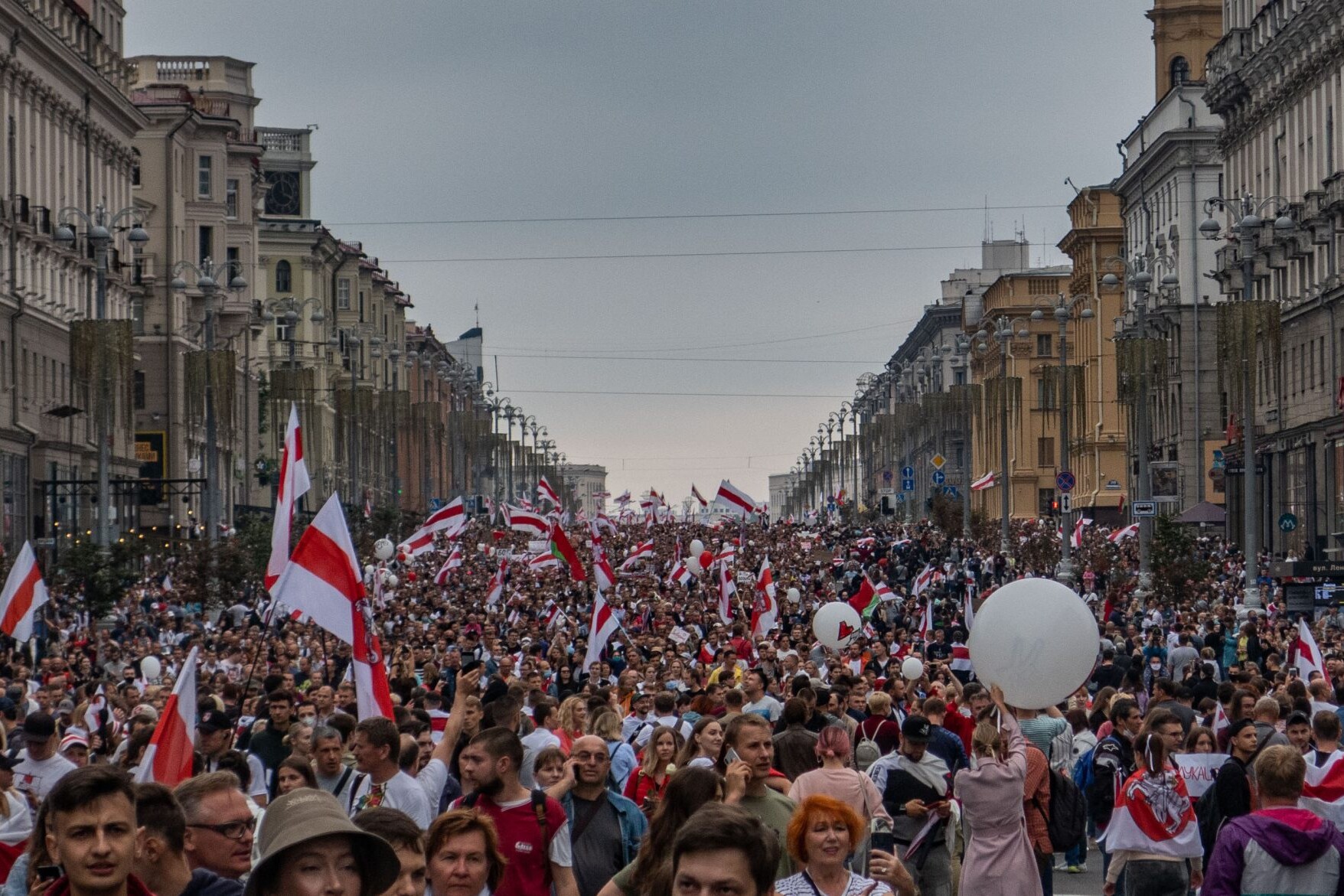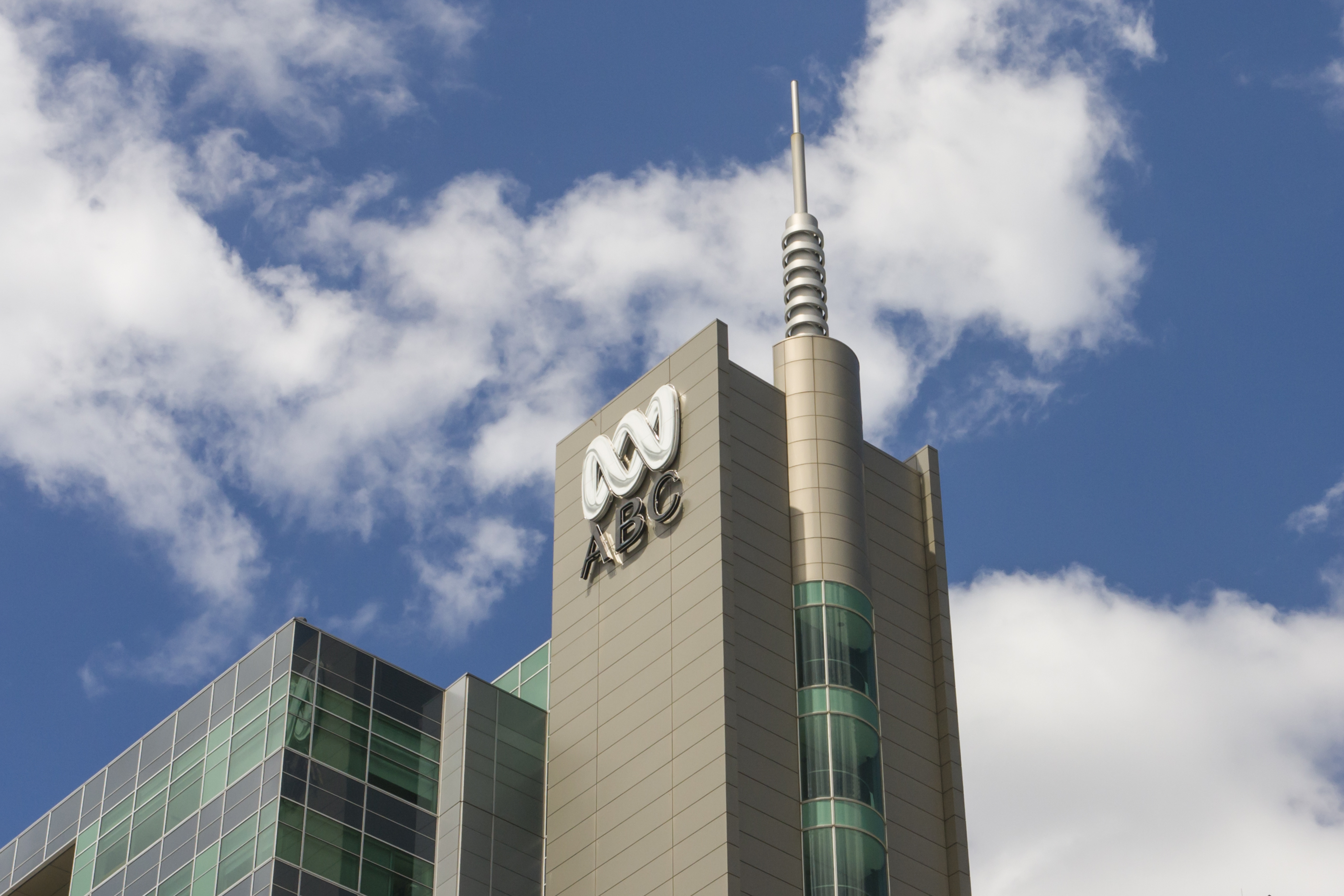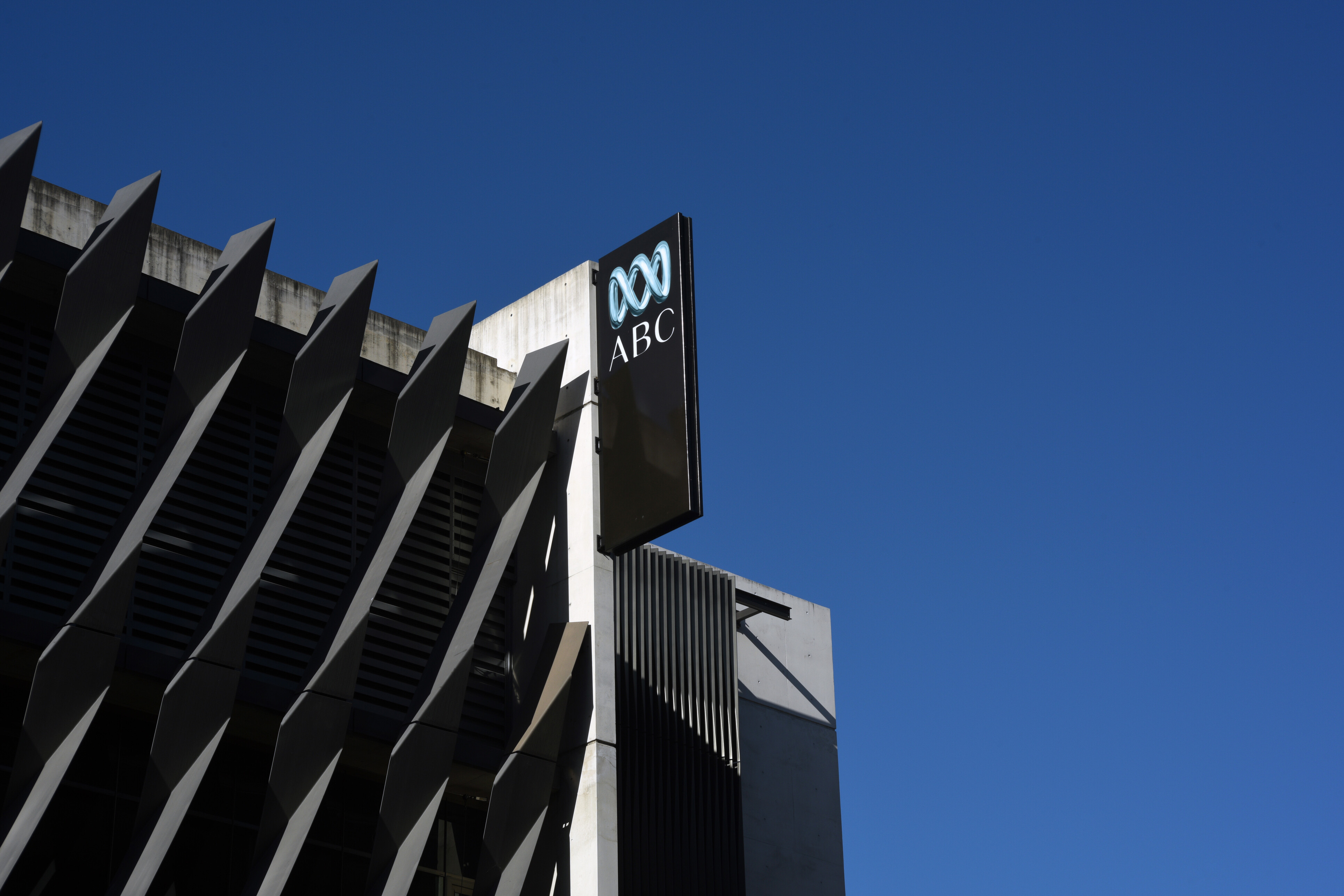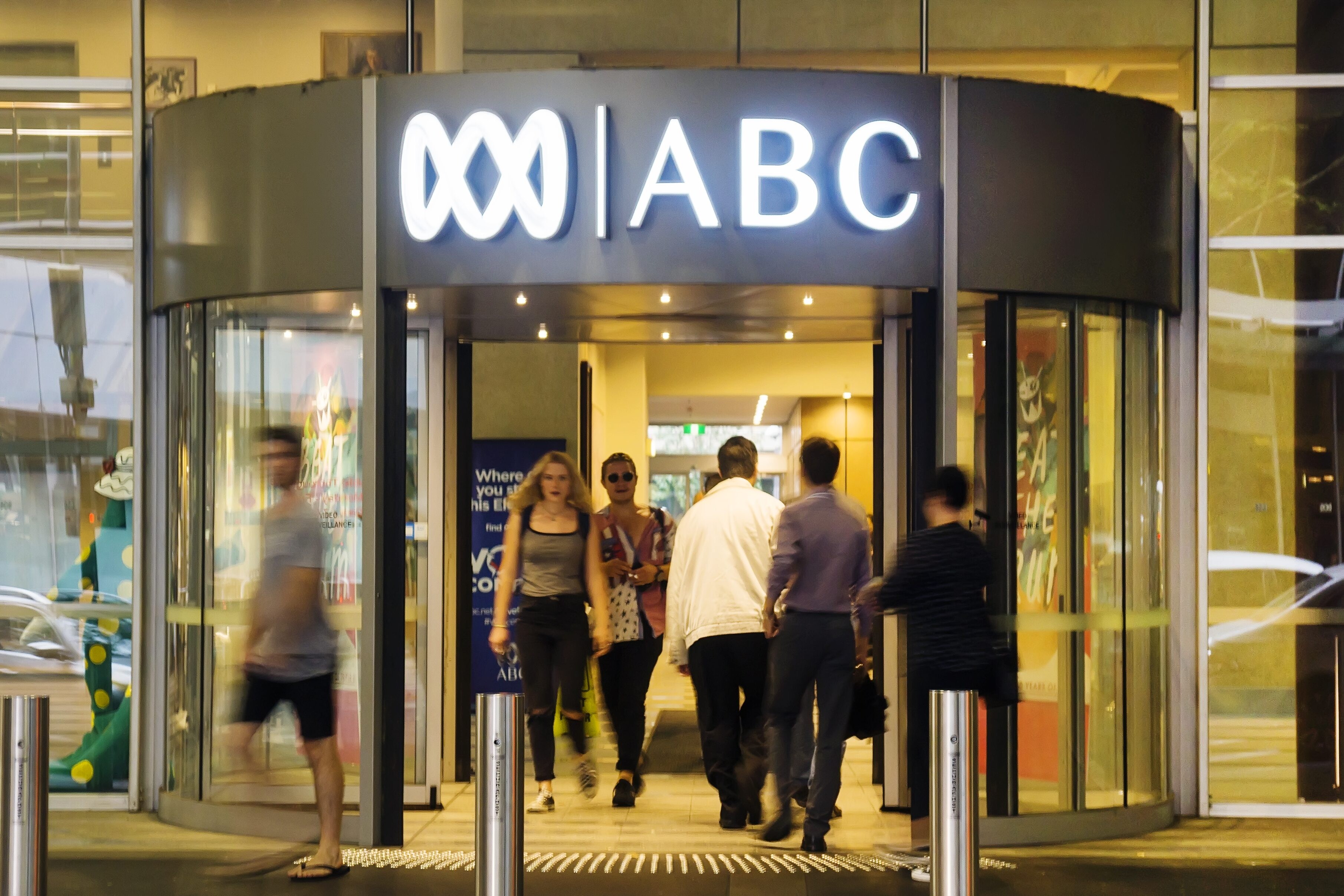Australia’s public broadcasters respond to budget allocations amid ongoing funding pressures and broader threats to press freedom.
2020-21 Federal budget and wage freeze
Last week’s Federal Budget revealed the upcoming funding allocation for Australia’s public broadcasters. While SBS welcomed aspects of the decision, there was no change to ABC’s budget, which concludes at the end of 2021-22.
Head of Corporate Communications at SBS, Paul de Leon, responded by saying that SBS was particularly grateful for the additional funding that would go towards supporting language content.
Meanwhile, ABC’S Head of Communications, Nick Leys, noted that “ABC funding will fall below current levels in the next triennium because funding for the enhanced newsgathering initiative is due to expire at the end of 2021-22”. He emphasised that the initiative has supported job creation, investments in local newsgathering and capacity as well as local content-makers. Without it, the public broadcaster will have to continue to “make submissions to the Government for this important initiative to continue as a permanent part of the ABC’s budget.”
A Guardian report revealing the lesser known results of the budget calculated that the Morrison government has extended the ABC’s funding freeze beyond 2022, with the budget papers showing a 3.7% decrease from 2020-21 and 2023-24. The paper suggests that “more cuts are expected” within the public broadcaster.
The news on public media funding comes at a time when the ABC is already pursuing cost-cutting plans and savings, having recently cut 250 jobs and some parts of its regular programming and services.
Last month, ABC Chair, Ita Buttrose, asked staff to vote on a six-month wage freeze, which would defer a 2% pay increase from 1 October 2020 to 1 April 2021. According to Mumbrella, the expected pay rise was already accounted for in the 2020 budget.
Staff voted against cutting their pay regardless of the requests made by the Morrison government to consider doing so. Their vote was supported by Adam Portelli, Acting Director of the Media, Entertainment and Arts Alliance (MEAA), who explained that the request posed a possible threat to ABC’s independence:
“But we should not forget that this proposal originated from the federal Communications Minister and was a direct challenge to the independence from political interference of the ABC. If the pay freeze had gone ahead, it would have generated negligible cost savings but further damaged staff morale at the ABC…”
Press freedom inquiry
In August, the results of a parliamentary inquiry into Australia’s press freedom regulations was released by the Intelligence and Security Committee. It was launched following the unprecedented federal police raid on ABC’s headquarters in June 2019, in response to a series of investigative reports revealing allegations of unlawful killings and misconduct committed by Australian troops in Afghanistan.
The Committee suggested that search warrants on journalists and media organisations should be authorised by a judge or supreme court. The AFP raid was authorised by a New South Wales local court registrar.
The committee also rejected demands by “Australia’s Right to Know” coalition – formed of 19 media organisations – which included calls to make journalists exempt from certain national security laws and the ability for media outlets to contest warrants before they are executed. Instead, the Committee recommended expanding the role of public interest advocates to act in the interests of individuals or organisations that are the targets of warrants.
But some say that the reforms don’t go far enough. Shadow Attorney-General Mark Dreyfus said that while the Labour party backed the recommendations, they also urge Federal Parliament to go even further. “The bipartisan recommendations of the committee do not go far enough to protect freedom of the press and the public’s right to know,” he said.
To date, the AFP continues to pursue ABC journalist, Dan Oakes, for the Afghan Files reports, despite their accuracy never being challenged.
Read more: ABC Statement to the Senate Press Freedom Inquiry by Director of News, Gaven Morris (ABC)
Australian journalists in China
Yet the pressure on Australia’s public media organisations and press freedom stretches far beyond the country’s borders.
Last month, the last two correspondents working for Australian news outlets in China were flown home amid growing tensions between the two countries. Bill Birtles of the ABC and Mike Smith of the Australian Financial Review were told by consular officials to leave the country after they received “some sort of warning”. Chinese police demanded that the journalists participate in an investigation related to Cheng Lei, an Australian journalist working for Chinese state media who has been detained since 14 August on the grounds of “national security”.
Australia is now without accredited journalists in China for the first time since the 1970s.
In a press conference, Australia’s Shadow Minister for Foreign Affairs, Penny Wong, emphasised that freedom of expression and press freedom “is a core Australian value”. She added, “We believe Australian journalists and journalists everywhere should be able to do their work safely without the risk of intimidation or arbitrary detention.”
What happened? Australian journalists flown out of China ‘amid diplomatic standoff’ (BBC News)
ABC’s Director of News, Gaven Morris, said: “The story of China, its relationship with Australia and its role in our region and in the world is one of great importance for all Australians and we want to continue having our people on the ground to cover it.”
In other developments
There is growing support from political parties and other media organisations to include ABC and SBS in a proposed news code that would make it mandatory for Facebook and Google to pay for the value they receive from distributing Australian news content on their platforms.
While Communications Minister, Paul Fletcher, iterated that the publicly funded organisations are “not the policy focus when it comes to remuneration aspects of the proposed mandatory code”, the Centre Alliance senator, Stirling Griff, argued that it is important that all media organisations be “compensated for the value they added.”
Meanwhile, Australia’s former Prime Minister, Kevin Rudd, has called for an inquiry into Rupert Murdoch’s influence on Australia’s media. With 70% of print outlets controlled by Rupert Murdoch’s News Corp, Rudd is scrutinising the concentrated media ownership and the impact this has on Australia’s democracy. More than 100,000 people have signed his petition so far.
Writing in the Guardian this week, Belinda Barnet, a senior lecturer in Media and Communications at Swinburne University of Technology in Melbourne, said that “Australia’s media ownership is among the most concentrated in the developed world.” Yet, Barnet doubts the possibility of an inquiry given News Corps’ support for the Coalition government in past years and that “The government is not about to bite the hand that feeds it…”
Header Image: People entering and leaving the Australian Broadcasting Corporation (ABC) Centre in Ultimo. Credit: kokkai/iStock
Related Posts
17th August 2020
ABC Statement to the Senate Press Freedom Inquiry by Director News, Gaven Morris
"It’s more than three years since the…
14th July 2020
ABC Update: Cuts and AFP continue to challenge public broadcaster
The latest developments from the public…



